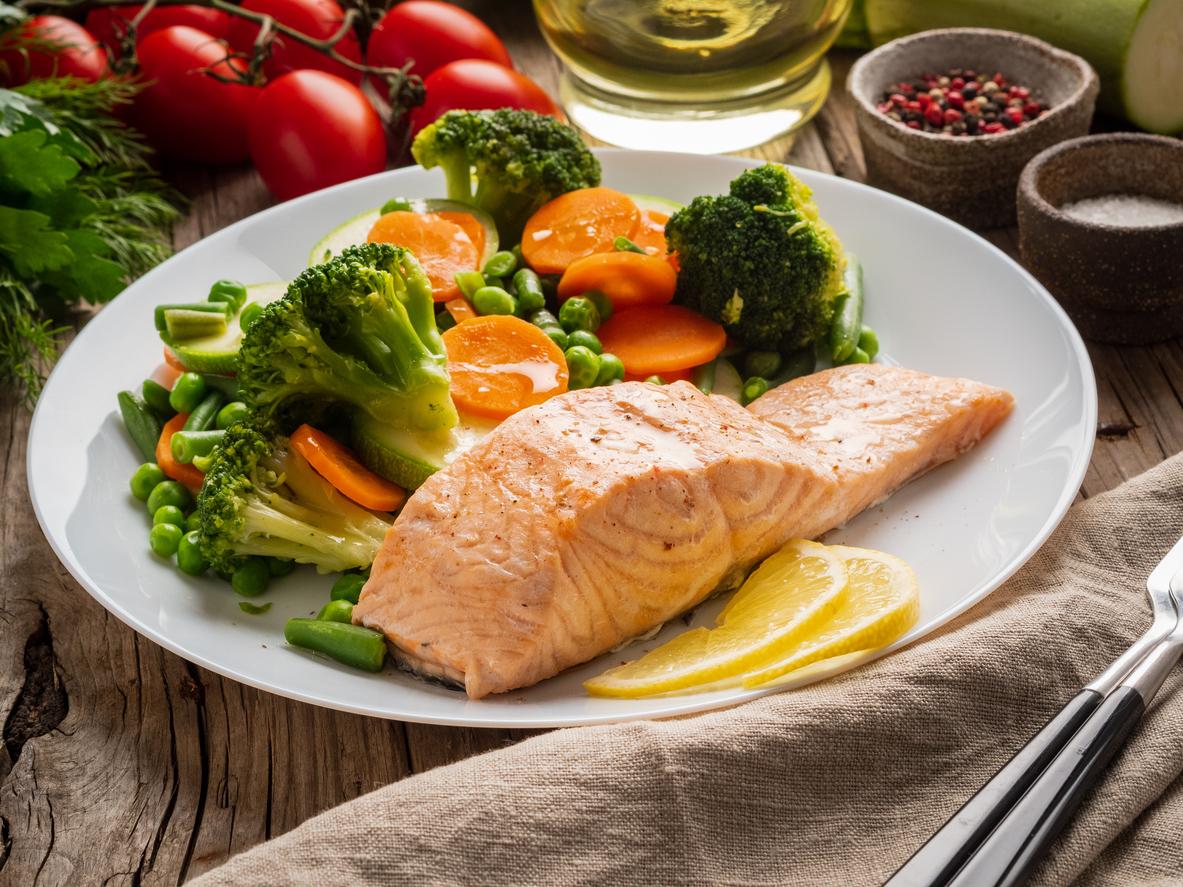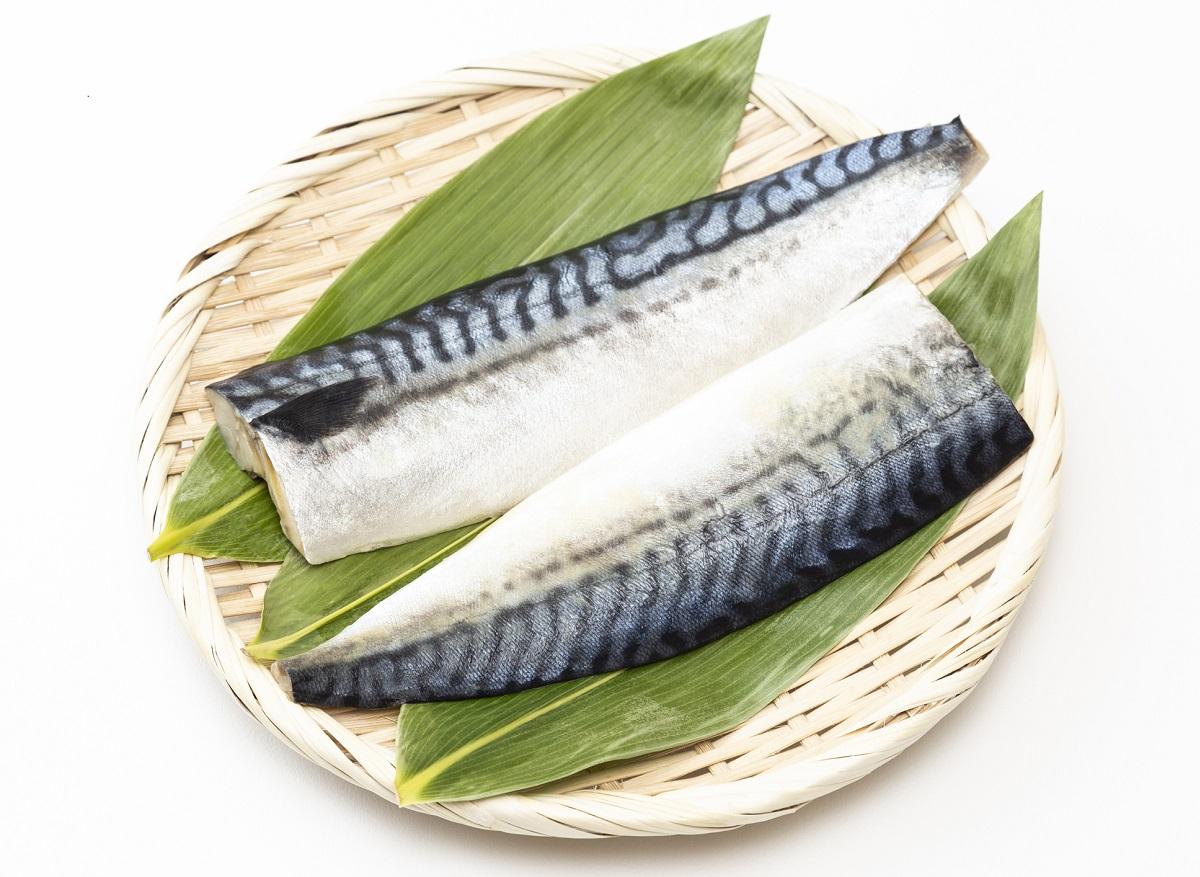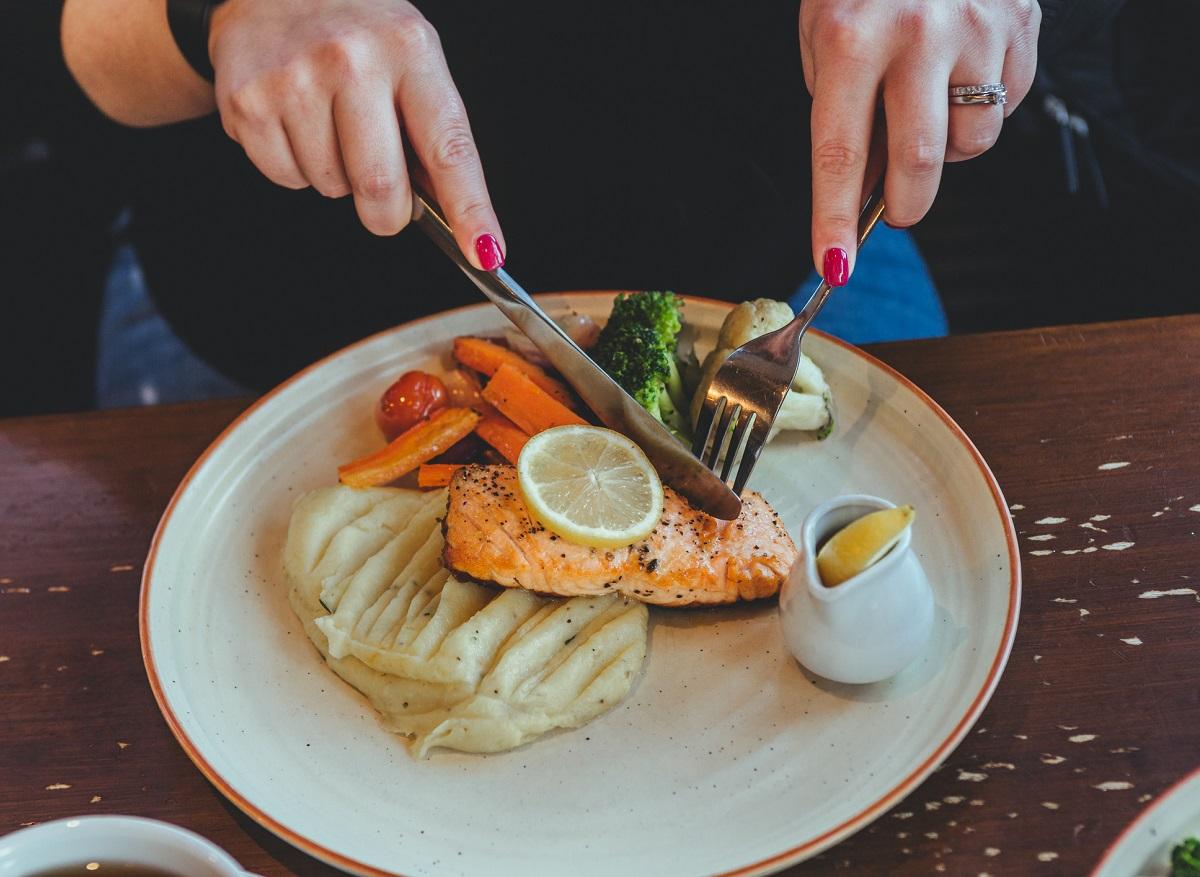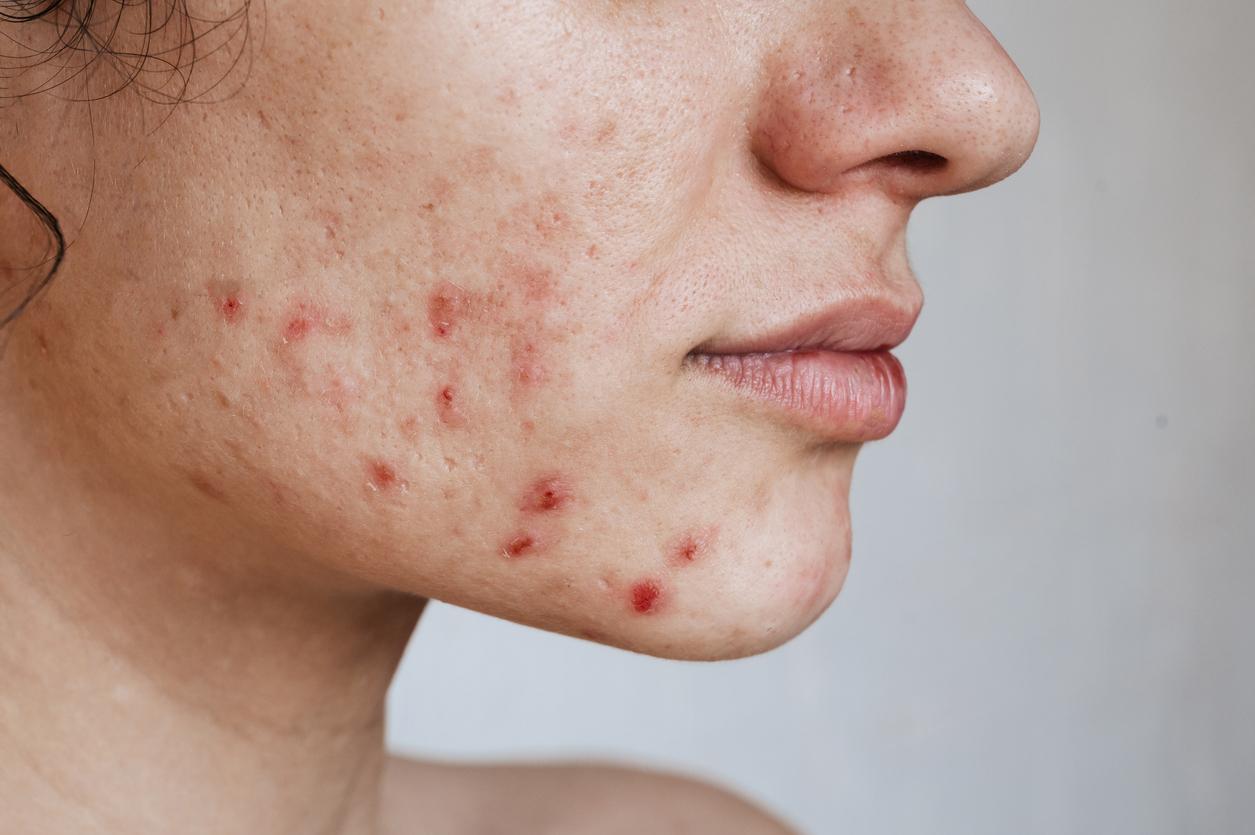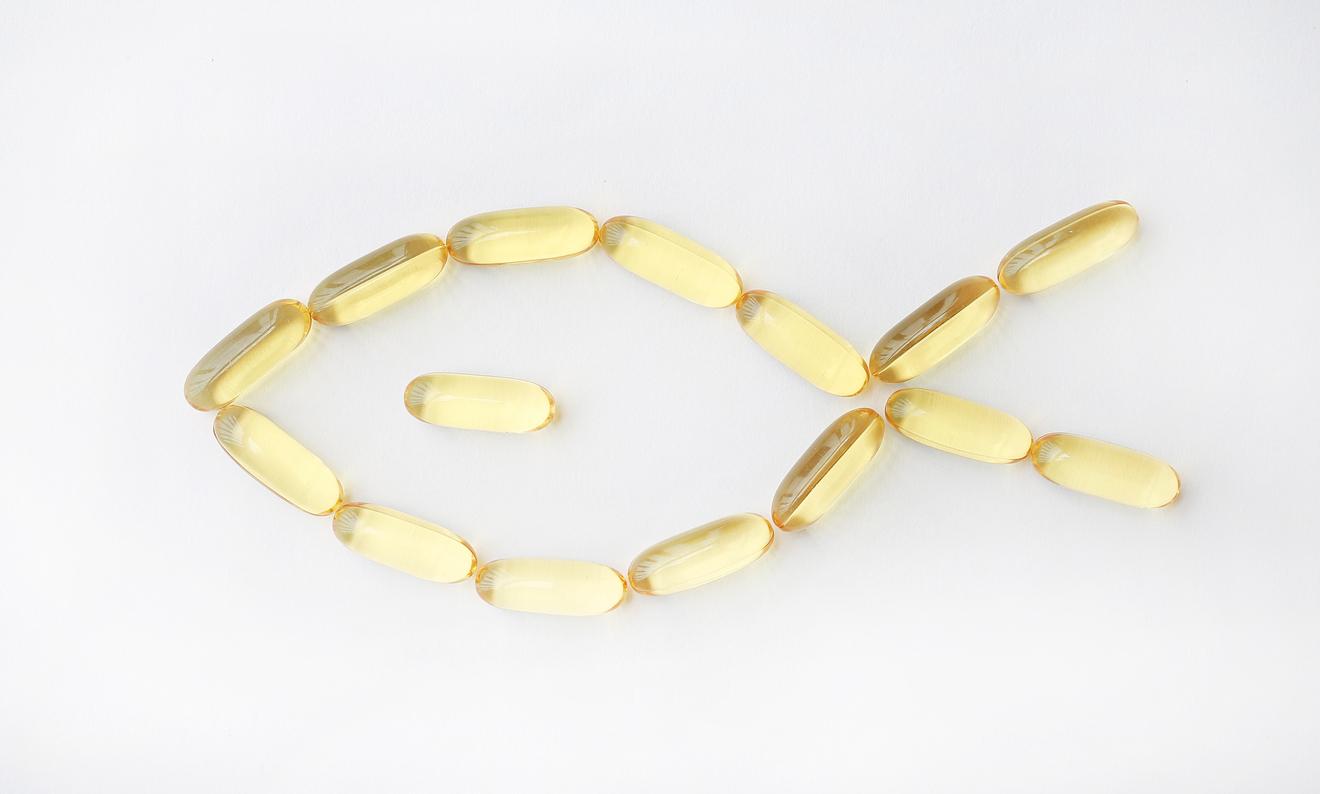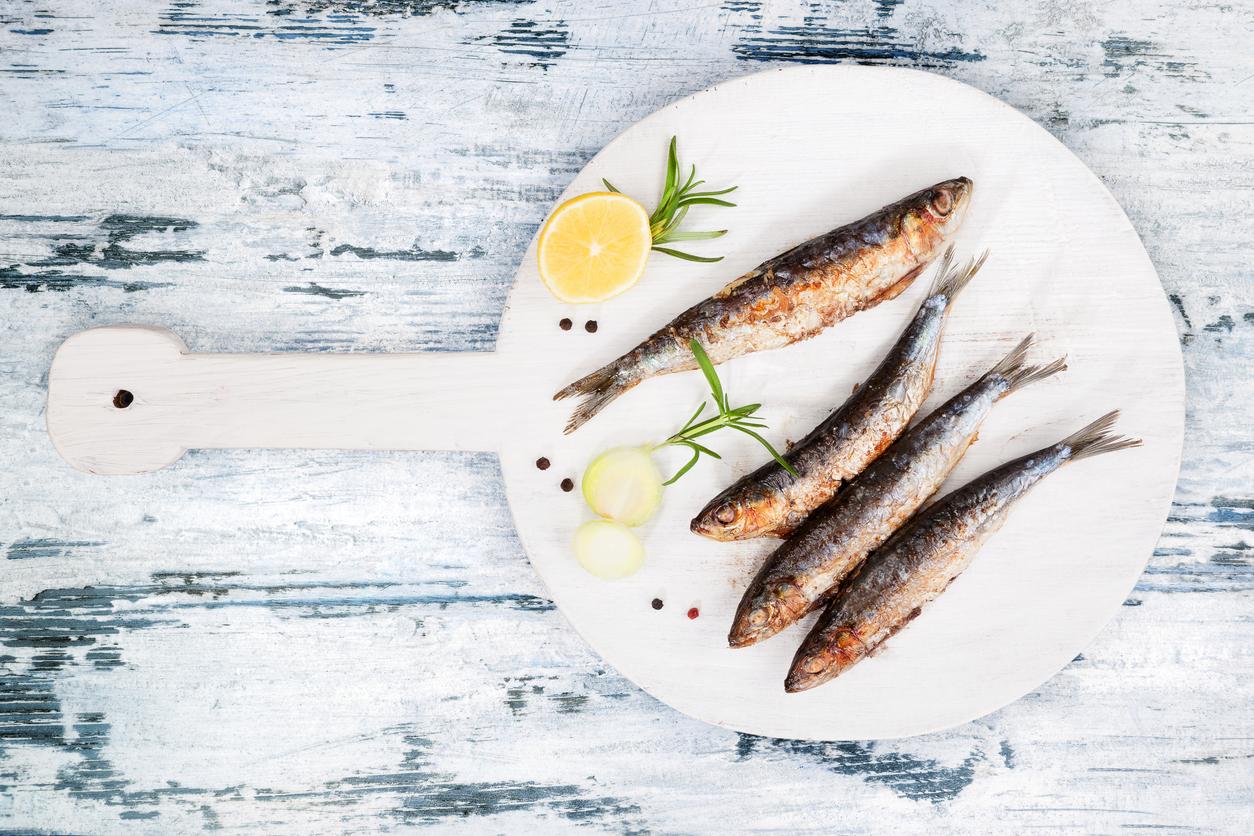Eating fish could protect against depression. This link is particularly established in Europe, according to a meta-analysis.

Between 5 and 15% of the French population would be affected by an episode of depression every year. Faced with this grim reality, many studies are regularly published on the subject, to analyze the effectiveness of treatments but also the benefits of certain foods. Presented in The Journal of Epidemiology and Community Health, the latest reviews the results of a series of 26 studies published between 2001 and 2014 on the effects of fish consumption on depression.
A risk reduced by 17%
Seafood and fish have indeed often been cited as foods that protect against depression. However, the explanation for this phenomenon is still unknown. Scientists believe that the omega 3 fatty acids they contain act on dopamine and serotin, two neurotransmitters involved in the regulation of mood and happiness, but so far, no study has yet been able to provide any evidence. sufficient evidence.
The one which has just been published summarizes the state of knowledge on the subject, taking up established results. Its authors are thus interested in the case of 150,278 volunteers, divided into two groups, the first consuming fish and not the other. Conclusion: the risk of experiencing a depressive episode is reduced by 17% in fish lovers. This link appears more evident in Europe than in the United States and in Asia, which is due to a different preparation of the products.
Fatty fish
However, a number of questions remain unanswered. For example, researchers are unable to specify the optimal amount to consume to effectively protect against depression, or the type of fish to favor. According to them, this is the next line of research to focus on on the subject, in order to better support people with this pathology. When in doubt, it is nevertheless better to favor fatty fish richer in omega 3, such as salmon, mackerel, or tuna.
.









